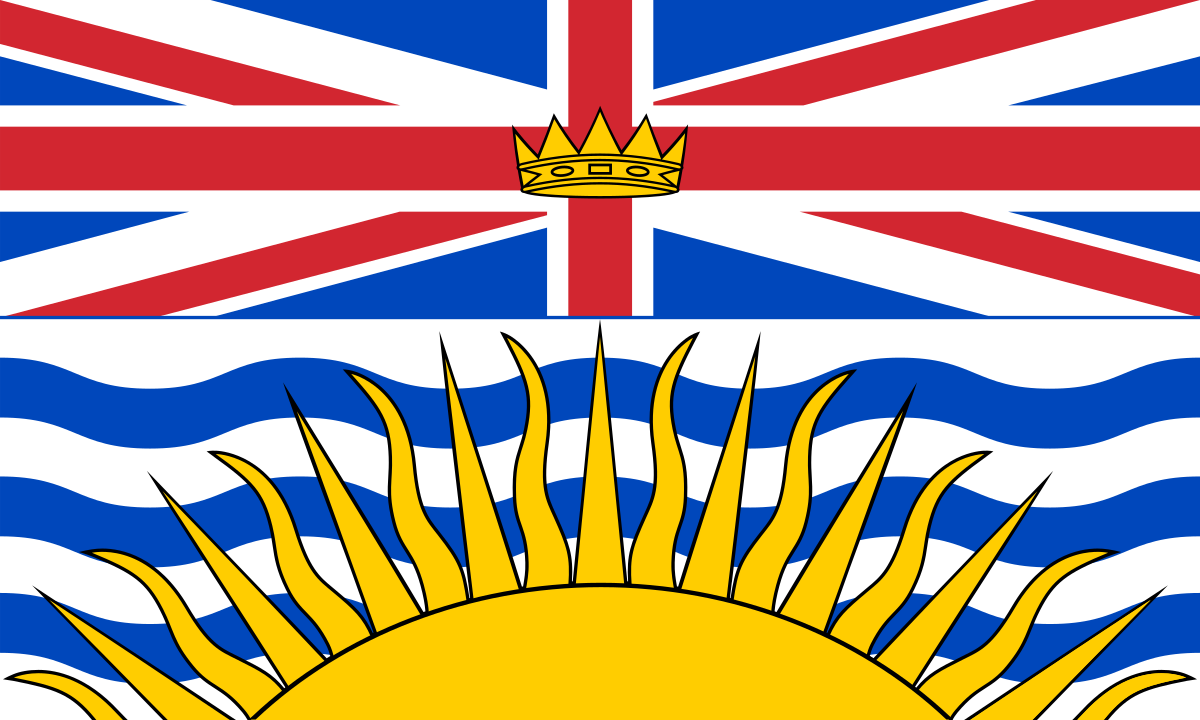

I hate this line. “Processed foods are cheap and easy.”
Theyre easy, but they’re not cheap.
You can eat much more cheaply if you spend a little bit of time cooking. There’s no fast food meal that beats the price of a simple pasta with some chicken, or rice and beans with bacon, or a beef stew. You can get per serving portions of those for less than $2 USD and all of them use meat. You can get vegetarian dishes down to less than a dollar per portion.
None of those require anything more than a single pot and pan, and a half hour of actual cooking.
Besides, the vast majority of obese people are drinking 1000+ calories a day. Thats not about cheap or easy, water is the cheapest and easiest drink available. They just choose not to.
I say this as someone who drinks coke every single day, and has a BMI under 20. Weight is about portion control. Health is about nutritional balance and exercise.
Now, the lack of education around cooking and nutrition, that’s a problem.






















Weight is gained or lost in the kitchen.
Exercise has everything to do with health, and very little to do with weight.
They need cooking classes, and education around how to properly estimate calories.